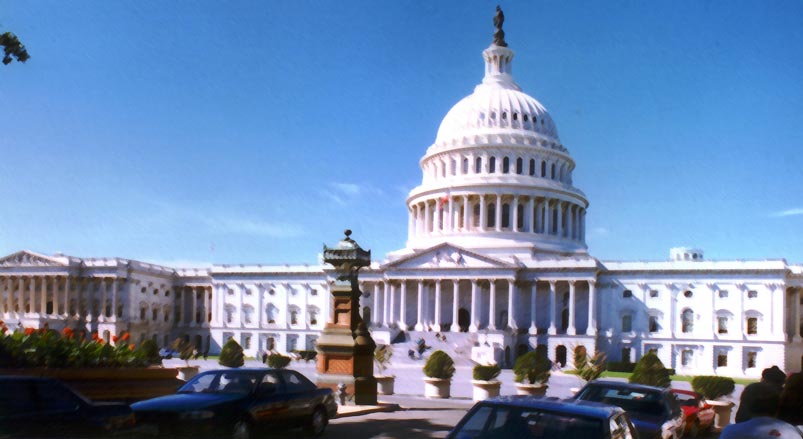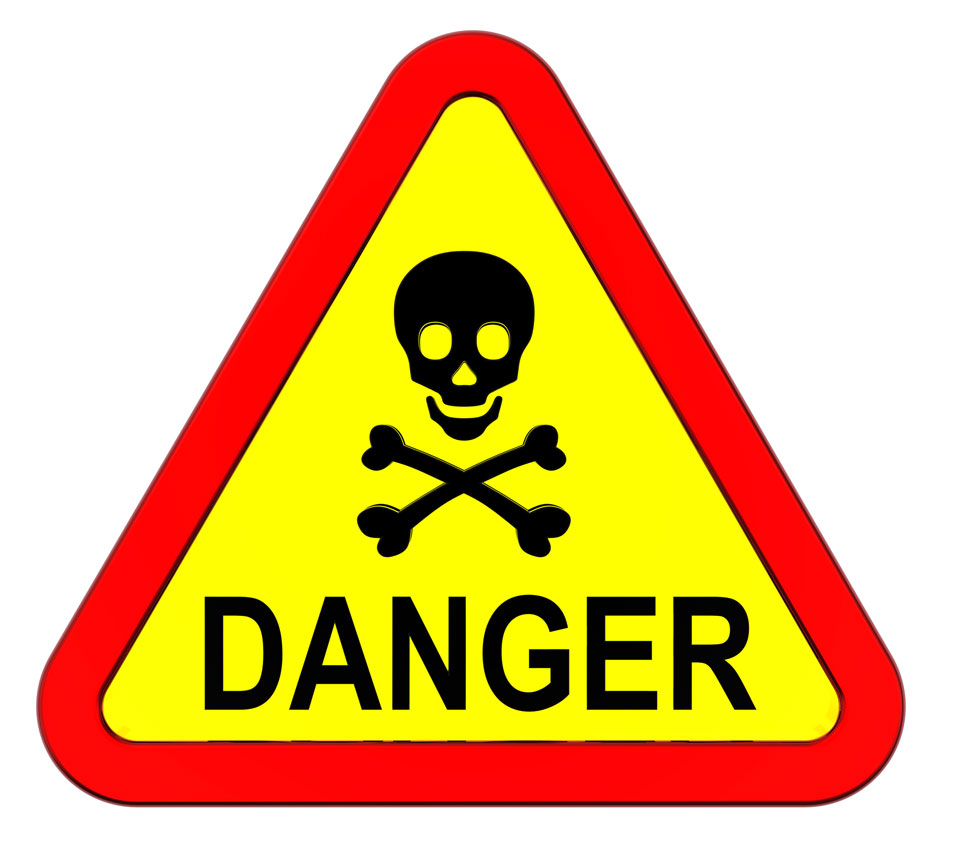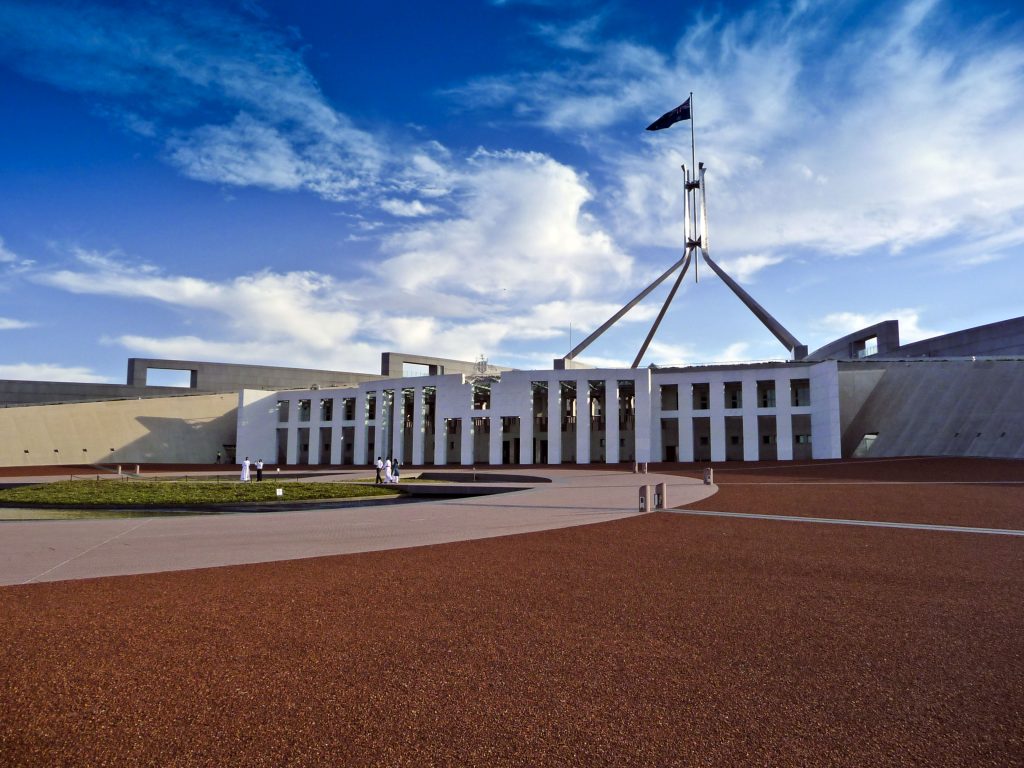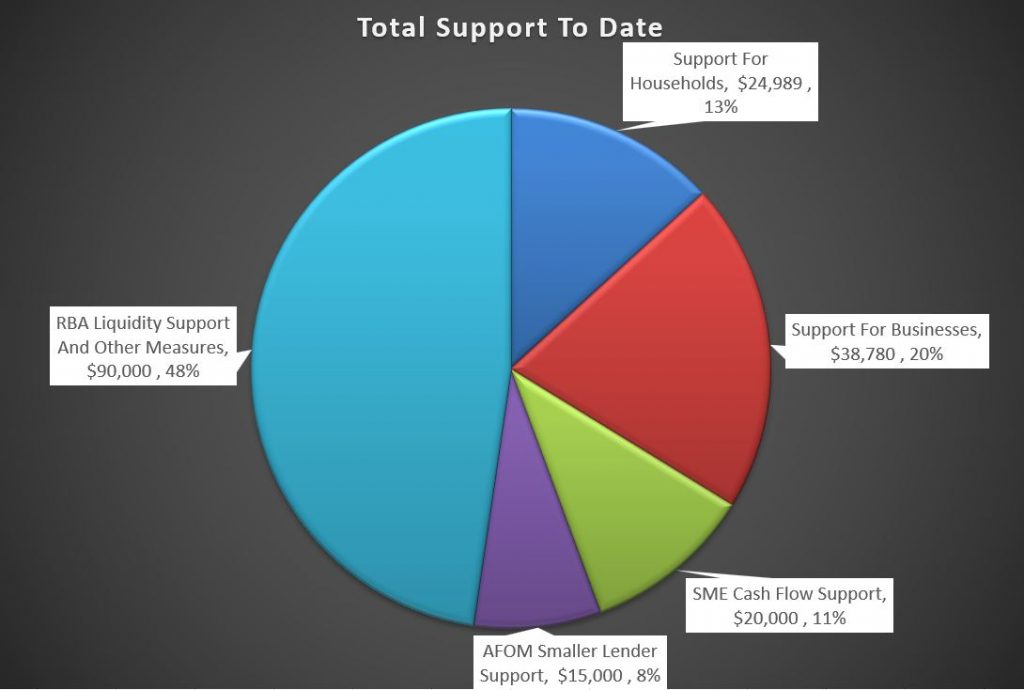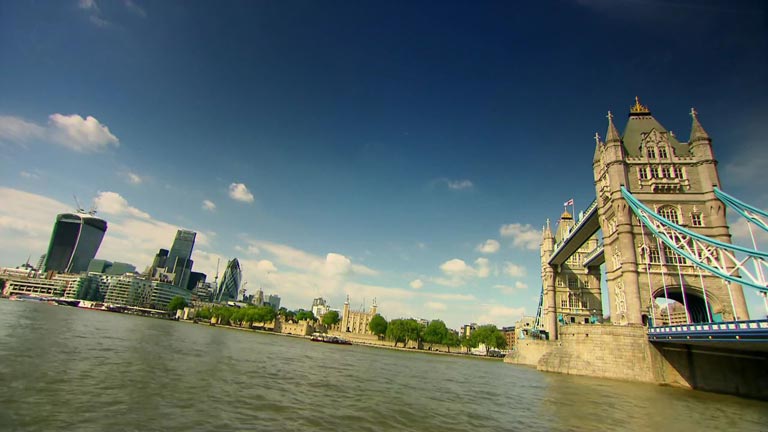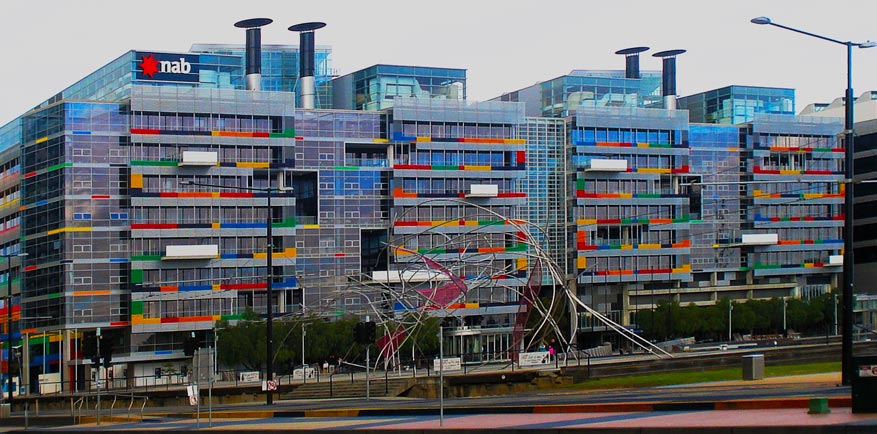In coordination with the Council of Financial Regulators, ASIC will focus its regulatory efforts on challenges created by the COVID-19 pandemic. Until at least 30 September 2020, the other matters that ASIC will afford priority are where there is the risk of significant consumer harm, serious breaches of the law, risks to market integrity and time-critical matters.

ASIC is committed to working constructively and pragmatically with the firms we regulate, mindful they may encounter difficulties in complying with their regulatory obligations due to the impact of COVID-19.
ASIC has immediately suspended a number of near-term activities which are not time-critical. These include consultation, regulatory reports and reviews, such as the ASIC report on executive remuneration, updated internal dispute resolution guidance and a consultation paper on managed discretionary accounts. Stakeholders will shortly be notified of deferred consultation and publications relevant to them.
ASIC will also suspend its enhanced on site supervisory work such as the Close and Continuous Monitoring Program.
In issuing information-gathering notices, ASIC has provided new guidance to our staff – mindful that many notice recipients may be facing significant disruption.
By taking these actions, industry participants will be better placed to focus on their immediate priorities and the needs of their customers at this difficult time.
Where warranted, relief or waivers from regulatory requirements will also be provided. This will include requirements on listed companies associated with secondary capital raisings and audits. ASIC has already indicated a ‘take no action’ stance in relation to the timing of AGMs until 31 July and the conduct of AGMs by electronic means.
ASIC will also work with financial institutions to further accelerate the payment of outstanding remediation to customers.
ASIC will take account of the circumstances in which lenders, acting reasonably, are currently operating when administering the law.
ASIC will maintain its enforcement activities and continue to investigate and take action where the public interest warrants us to do so against any person or entity that breaks the law. However, it will focus on action necessary to prevent immediate consumer harm, egregious illegal conduct and other time critical matters.
Key business as usual functions will be maintained including registry operations and services, receipt of whistleblower, breach and misconduct reports and general contact points for industry.


